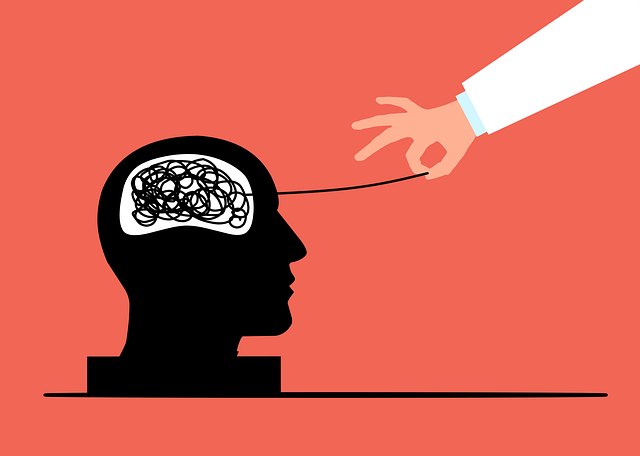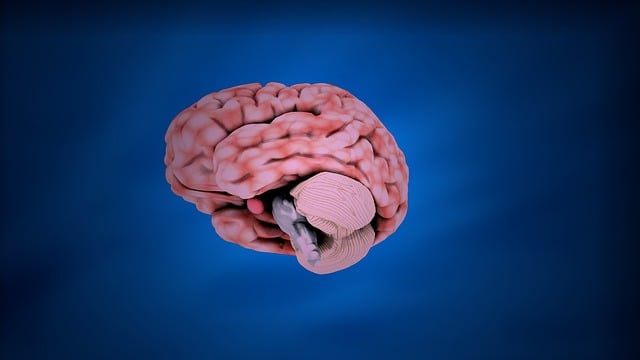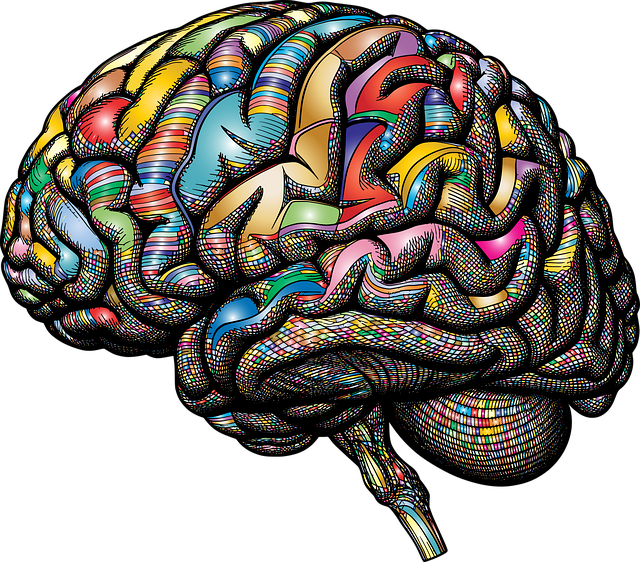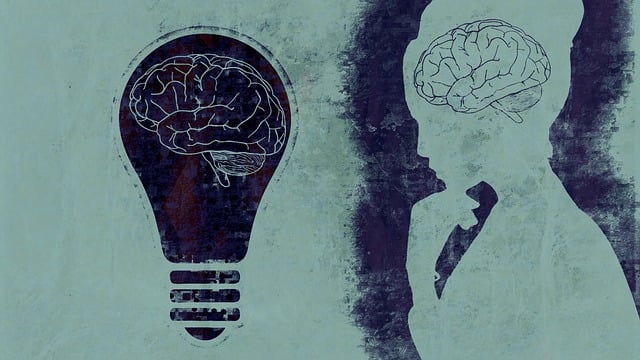Developing effective Mental Wellness Coaching Programs requires integrating evidence-based practices, particularly Cognitive Processing Therapy (CPT), tailored for children's unique mental health needs. By employing interactive techniques like storytelling and play therapy, CPT helps young individuals identify and modify negative thought patterns, fostering healthier thinking and behavior. This approach enhances resilience, promotes better communication, and supports emotional healing through community outreach programs, ultimately improving overall emotional well-being.
Mental wellness coaching programs are gaining prominence in addressing children’s unique mental health needs. This article explores the development and implementation of such programs, focusing on Cognitive Processing Therapy (CPT), an evidence-based approach proven effective in treating childhood trauma. We’ll delve into designing tailored coaching strategies, integrating CPT techniques, and evaluating their impact on young minds. Understanding children’s cognitive processing is key to fostering resilience and overall well-being.
- Understanding Children's Mental Health Needs and Cognitive Processing Therapy
- Designing Effective Mental Wellness Coaching Programs
- Integrating Evidence-Based Practices: Therapy for Children
- Implementing and Evaluating the Impact of Mental Wellness Coaching Programs
Understanding Children's Mental Health Needs and Cognitive Processing Therapy

Understanding Children’s Mental Health Needs is a critical step in developing effective coaching programs. Children’s cognitive processing differs significantly from adults, and their mental health challenges often manifest uniquely. Cognitive Processing Therapy (CPT), specifically designed for children, offers a promising approach to addressing these distinct needs. CPT focuses on helping young individuals identify and modify negative thought patterns and beliefs that may be contributing to their emotional distress.
By employing interactive and engaging techniques, such as storytelling and play therapy, CPT facilitates healthier ways of thinking and behaving. This therapy empowers children with essential communication strategies to express their feelings and concerns, fostering better connections within families and communities. Community Outreach Program Implementation can further enhance these efforts by integrating CPT principles into broader Emotional Well-being Promotion Techniques, ensuring that more children have access to the support they need for their mental health development.
Designing Effective Mental Wellness Coaching Programs

Developing Mental Wellness Coaching Programs requires a strategic approach to address the unique needs of individuals seeking support. One effective framework is incorporating Therapy for Children and Cognitive Processing Therapy (CPT) techniques, which have proven beneficial in facilitating emotional healing processes. These evidence-based methods enable coaches to guide clients through identifying and modifying negative thought patterns, thereby improving their overall mental wellness.
The design should include tailored crisis intervention guidance, ensuring that programs cater to different age groups and circumstances. By integrating CPT principles, coaches can facilitate cognitive restructuring, helping individuals process traumatic experiences and develop healthier coping mechanisms. This approach fosters a deeper understanding of emotional responses, ultimately empowering clients to navigate life’s challenges with enhanced resilience.
Integrating Evidence-Based Practices: Therapy for Children

Integrating evidence-based practices into mental wellness coaching programs is essential, especially when focusing on therapy for children. Cognitive Processing Therapy (CPT), a well-researched approach, has proven effective in treating trauma and anxiety disorders in youth. This therapeutic method helps children make sense of their experiences by challenging unhelpful thoughts and beliefs, fostering healthier cognitive patterns. By incorporating CPT into coaching programs, professionals can empower young clients to develop resilience and coping strategies.
In the context of mental health support for children, risk management planning is also a vital component. Healthcare providers should be equipped with strategies to identify and mitigate potential risks within their practice settings, ensuring the safety and well-being of both clients and themselves. This includes cultural competency training to address diverse needs, as every child’s experience is unique. Such comprehensive preparation allows mental wellness coaches to offer tailored support, making a significant impact on the lives of young individuals.
Implementing and Evaluating the Impact of Mental Wellness Coaching Programs

Implementing mental wellness coaching programs in schools, workplaces, and communities is a significant step towards fostering emotional well-being promotion techniques for individuals of all ages. These programs, often tailored to specific populations, can revolutionize the way we address mental health concerns. For instance, Cognitive Processing Therapy has shown promise in helping children navigate therapy for children by equipping them with tools to process traumatic experiences, thereby enhancing their resilience and overall emotional healing processes.
The evaluation of such initiatives is crucial for understanding their impact and making necessary adjustments. Metrics could include participant feedback, changes in self-reported mental health indicators, and improvements in coping strategies. As public awareness campaigns development gains momentum, the successful implementation and evaluation of these coaching programs can contribute to a broader cultural shift, ensuring that individuals have access to evidence-based support for their emotional well-being.
Mental wellness coaching programs, enriched by evidence-based practices such as Cognitive Processing Therapy, play a pivotal role in addressing children’s mental health needs. By integrating therapeutic techniques tailored to their cognitive processing, these programs effectively support young individuals’ emotional well-being and resilience. As the impact of such initiatives is evaluated, it becomes evident that early intervention and specialized coaching can significantly contribute to fostering healthy development in children, offering a promising path toward enhancing overall mental wellness.














